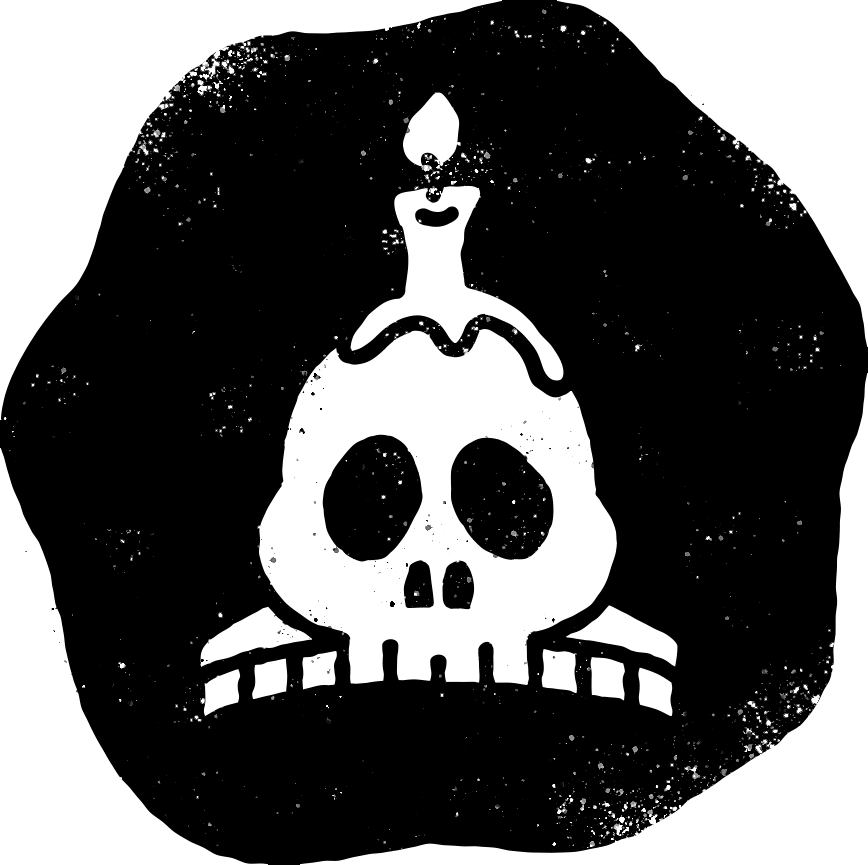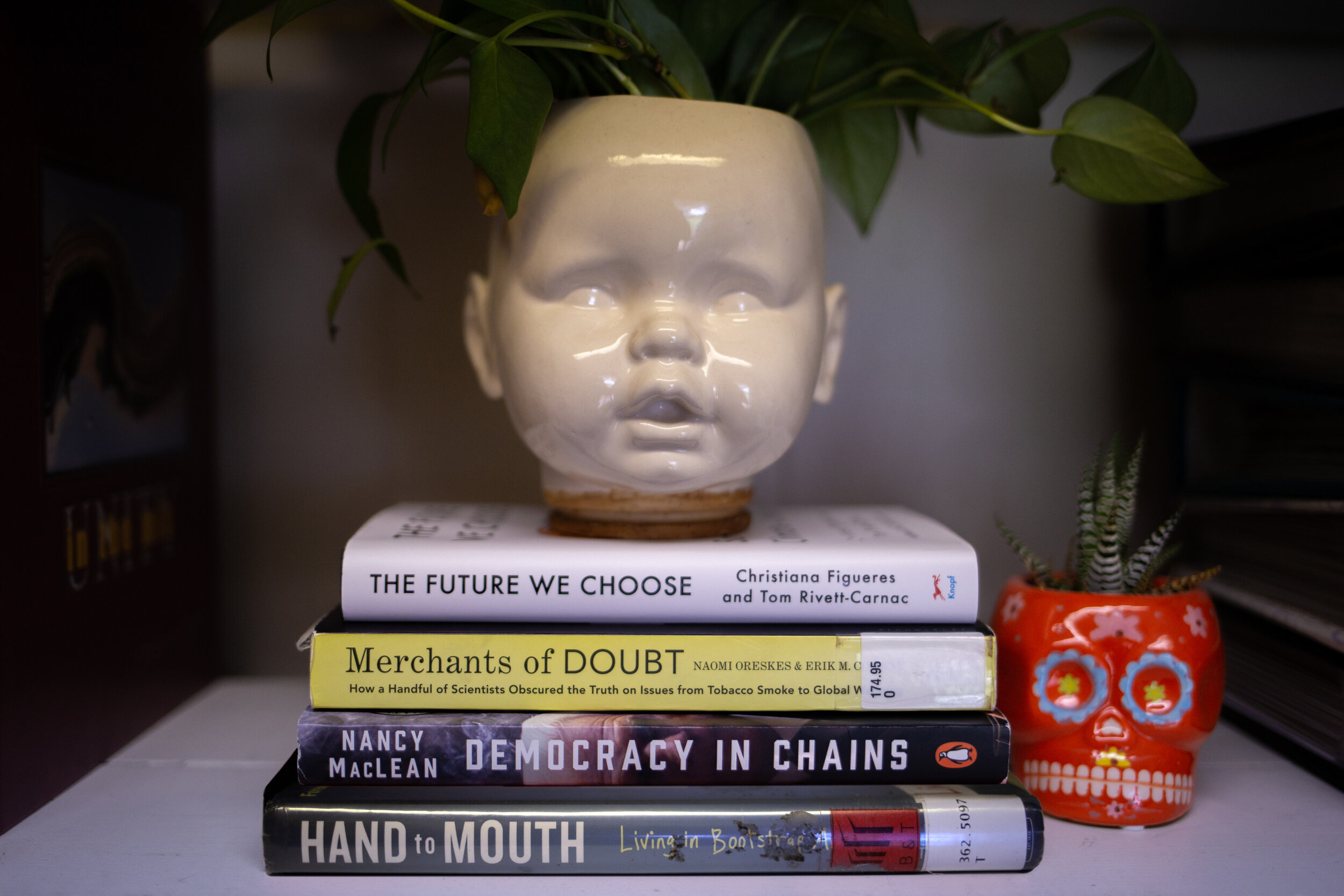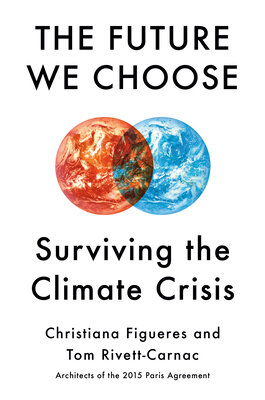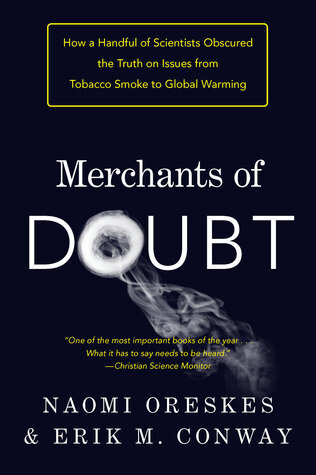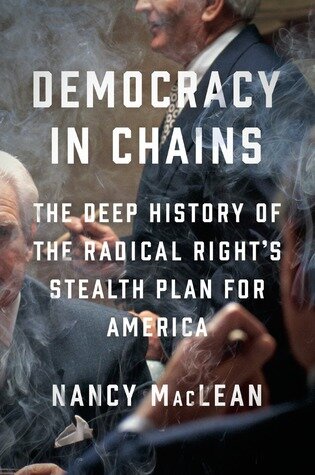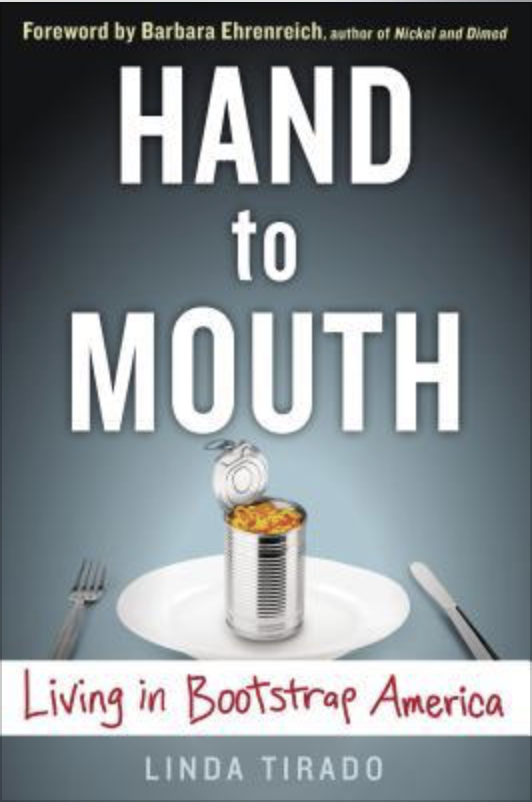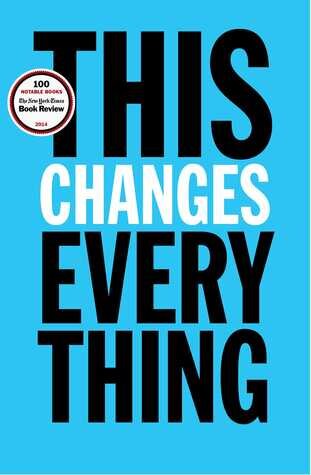Recent Reads: Climate Crisis
The Future We Choose: Surviving the Climate Crisis, by Christiana Figueres and Tom Rivett-Carnac
I understand that the climate crisis is a huge, dire issue but my biggest critique of some of the books I’ve read are that they are strictly doom and gloom—I like to feel as if there is at least something I (or others) can do to help stave off the worst of it. The Future We Choose was a welcome mix of terrifying facts, yes, but also realistic solutions. Figueres and Rivett-Carnac led negotiations for the United Nations during the Paris Agreement of 2015, so they definitely know what they’re talking about. Even so, this was an easy read, but I highlighted so much of it to read again and again, especially when I get caught in a doom spiral (which happens more and more these days).
Merchants of Doubt: How a Handful of Scientists Obscured the Truth on Issues from Tobacco Smoke to Climate Change, by Naomi Oreskes and Erik M.M. Conway
This book should be required reading for literally everyone. Oreskes and Conway manage to make a pretty dense and complicated story detailing decades of deceit extremely readable. Merchants, which shows how a handful of key players sowed the seeds of doubt in a very strategic (and unfortunately, successful) way—on everything from second-hand smoke to acid rain to climate change—reads like a thriller and I couldn’t put it down.
Democracy in Chains: The Deep History of the Radical Right's Stealth Plan for America, Nancy MacLean
Speaking of terrifying and dense books, Democracy in Chains was a bit too academic at times (I would read entire pages without having a clue what I read), but the overarching message will stick with me forever. If you have asked yourself “How did we get here?” anytime over the last 30—or even 50—years, this is a must-read. There’s nothing optimistic about MacLean’s assessment of the current state of our democracy, but an understanding of just how we got to where we are now (and who was/is behind it) is crucial if we’re to have any hope of turning things around for the better.
Hand to Mouth: Living in Bootstrap America, by Linda Tirado
Tirado’s memoir is an easy and eye-opening read about what it’s actually like to be poor in America. Tirado exposes the pull-yourself-up-by-the-bootstraps myth as just that, a myth, and shows how easy it is to plunge into poverty—and how nearly impossible it can be to get back out. It’s easy to blame people for what may seem like poor choices, but Tirado explains some of her own in a way that is both simple and revelatory. Hard work is a tent pole of the American Dream, but as Tirado shows, some of the hardest workers in America are the most perpetually undervalued.
This Changes Everything: Capitalism vs. The Climate, by Naomi Klein
There is some overlap between This Changes Everything and Klein’s latest climate book, On Fire, but her message is so important—and her writing infinitely readable—that I would gladly reread both. It’s impossible to address the climate crisis without taking a sledge hammer to the system that created the problem, and there’s no better time to examine that system (i.e. capitalism) than now. As we’re in the midst of another round of historic bailouts and a huge global reset, Klein’s analysis of the 2008 bailouts—and Obama’s failure to hold the companies accountable for their environmental impact—feels eerily prescient.
